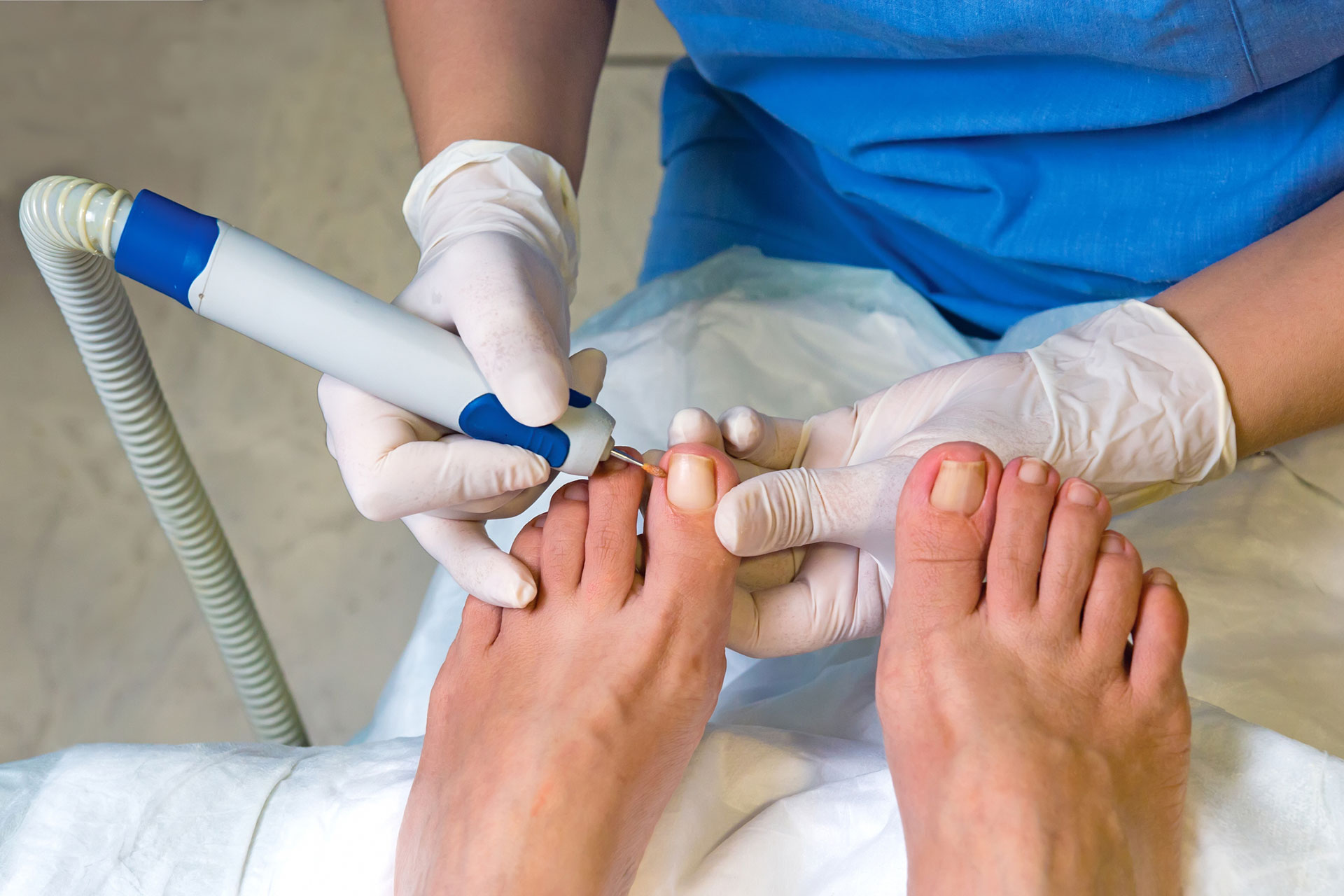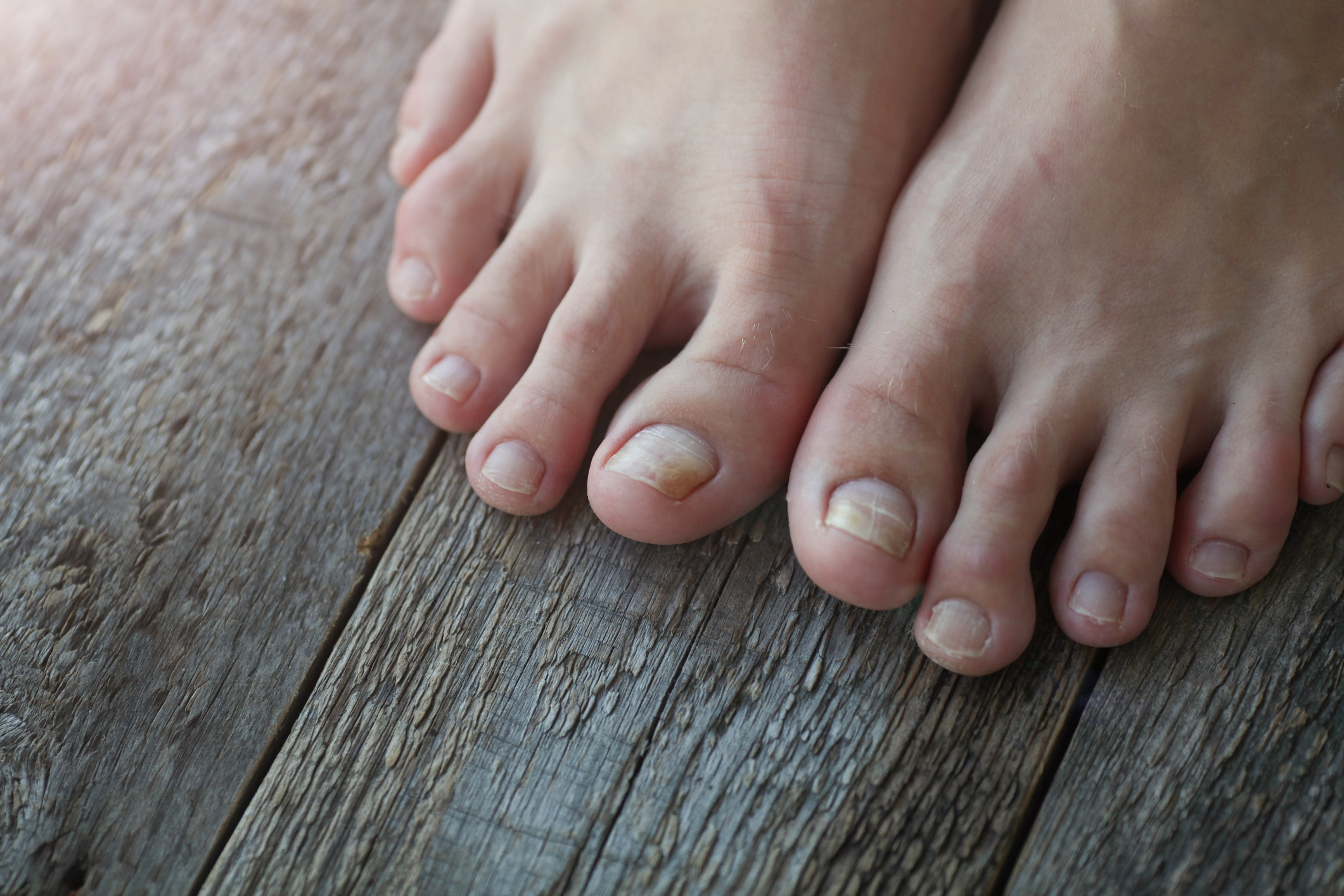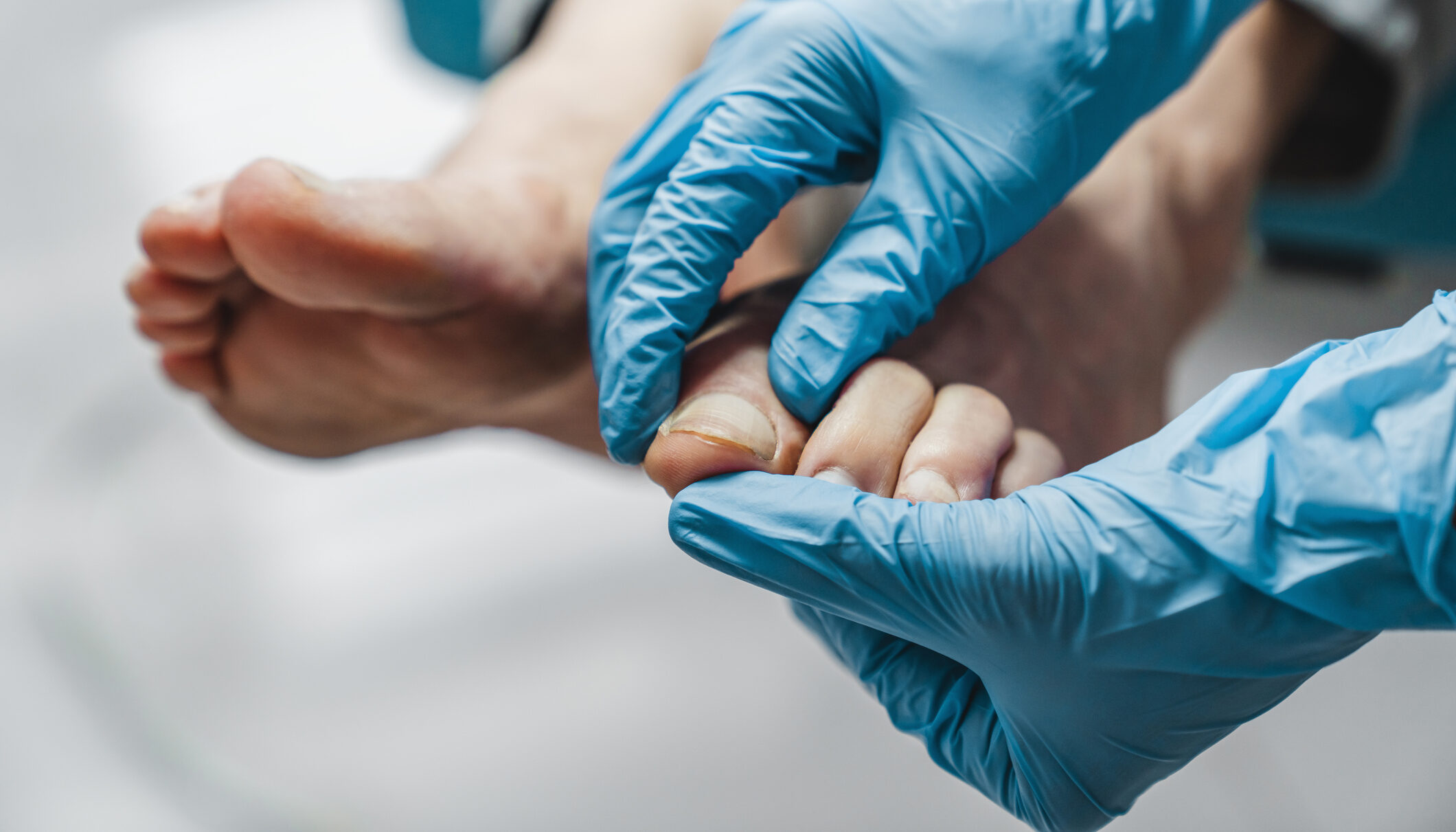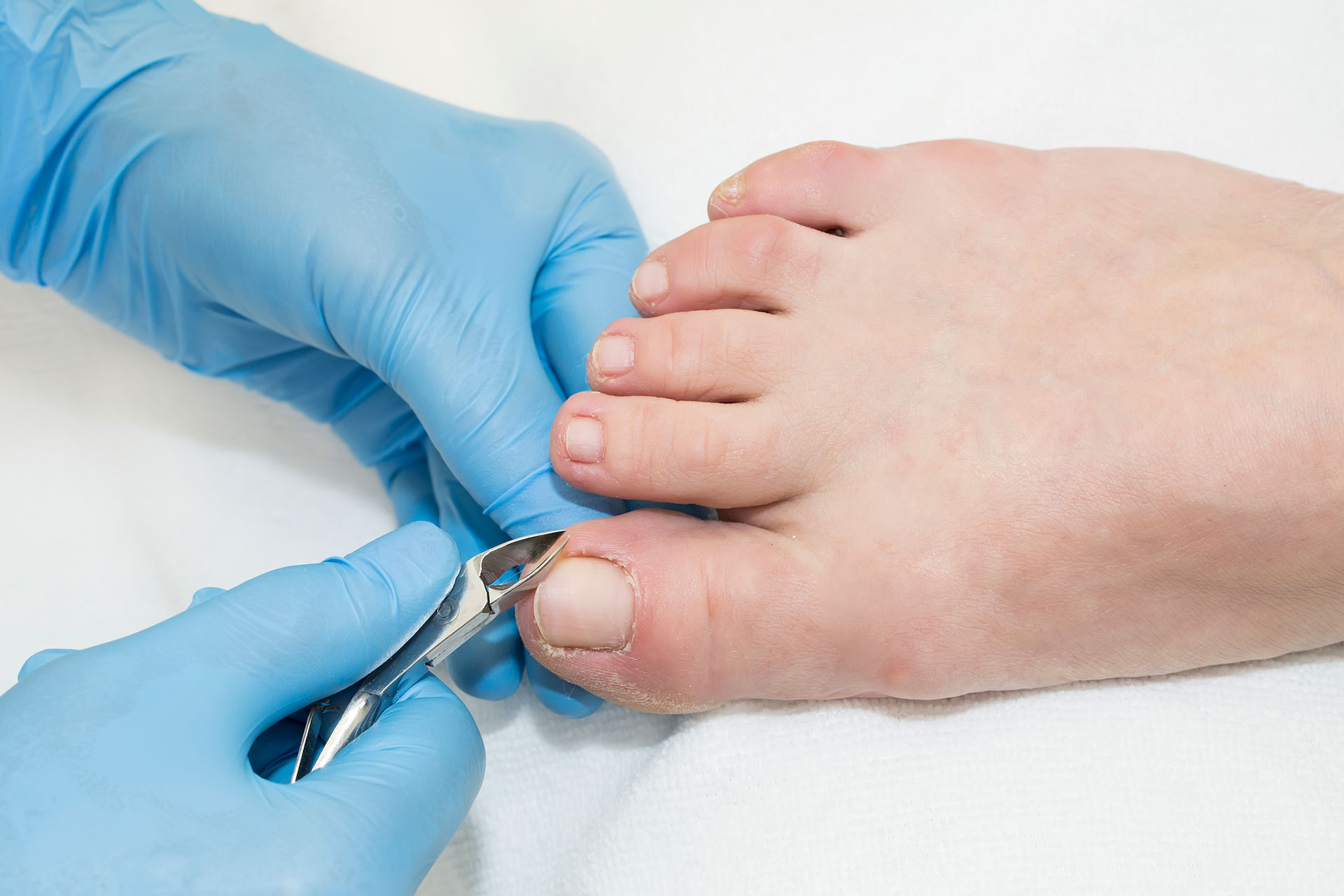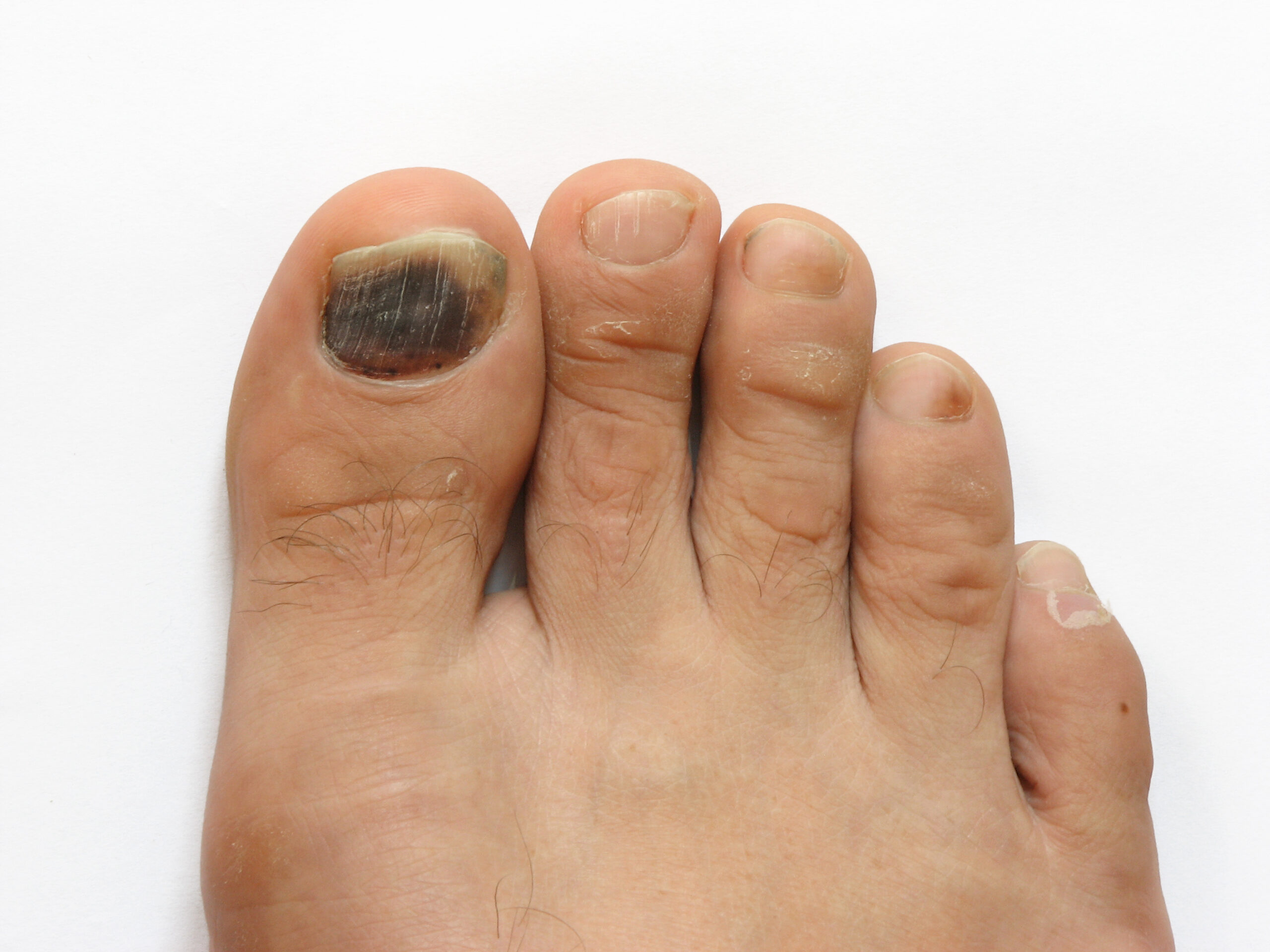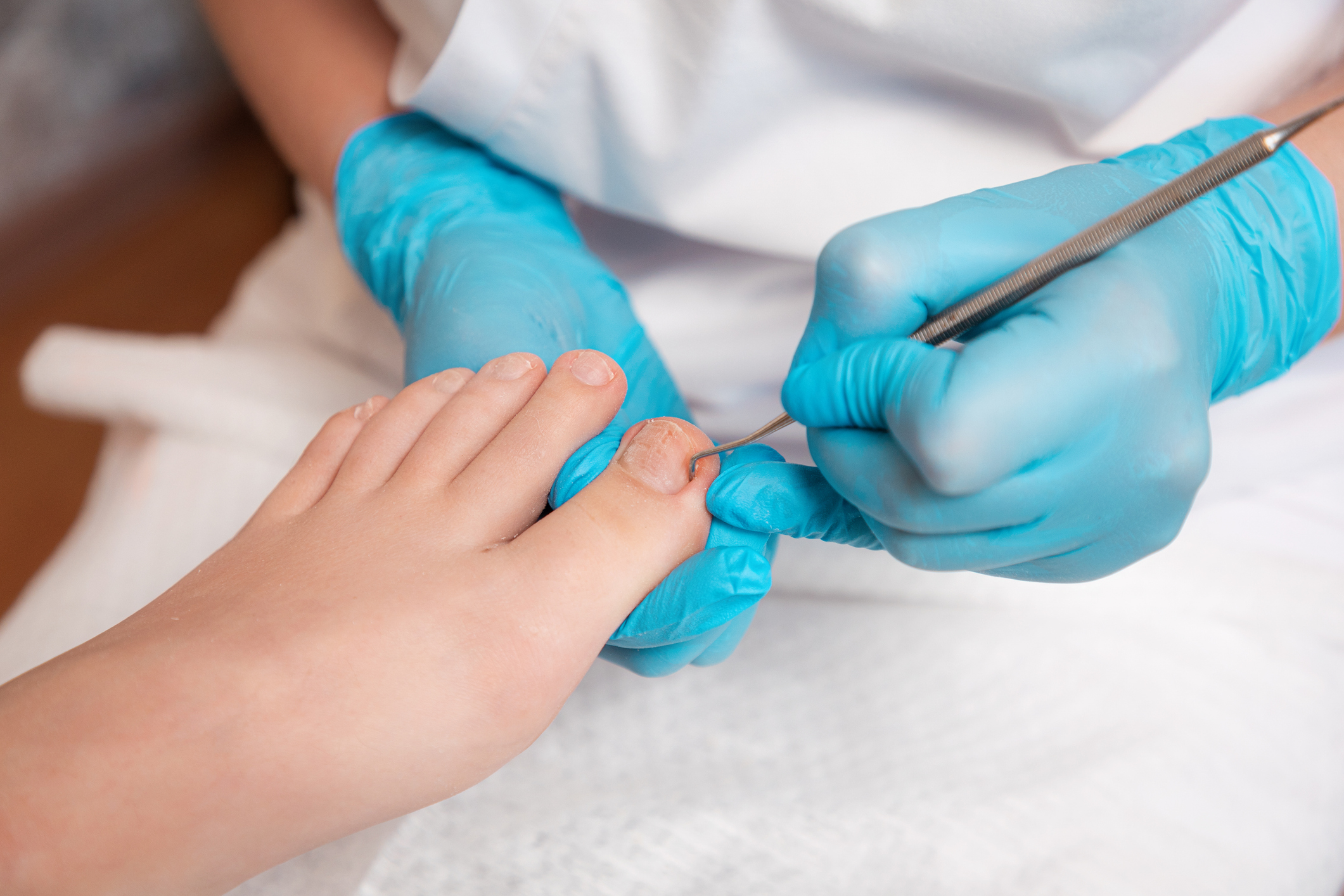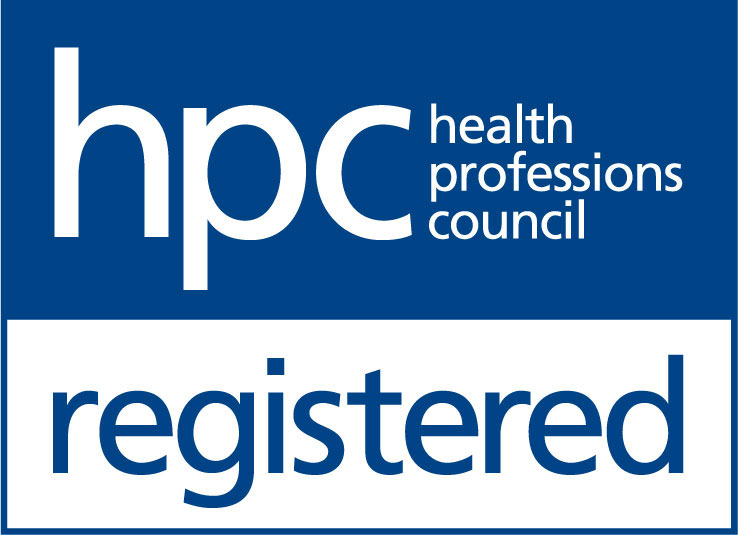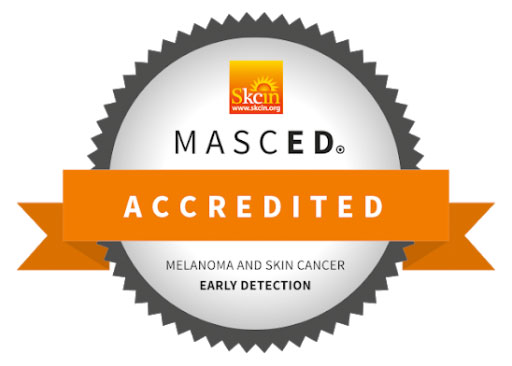Bespoke treatments to keep your toenails healthy
Toenail problems are common, but that doesn’t mean you have to put up with them! You may have an ongoing issue, or something new that needs expert treatment and care. It is important to keep your toenails healthy and strong, better able to protect your toes from damage.
At Podiatry Station, we offer a range of toenail treatments. Whether you need routine care to keep your toenails looking their best, have an ingrown toenail that needs attention, or are suffering with a fungal nail infection, we can help.
Get in touch


